

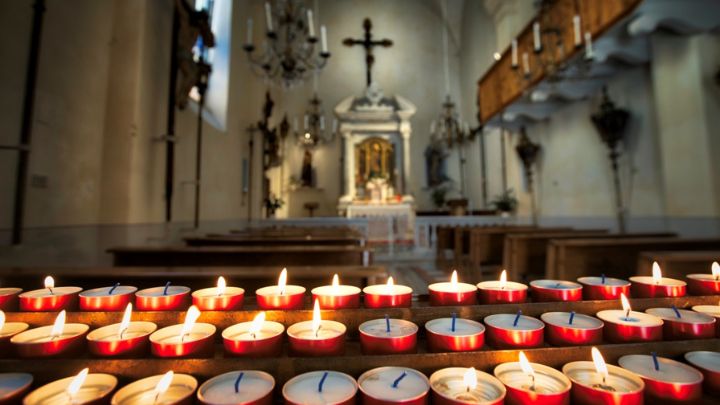


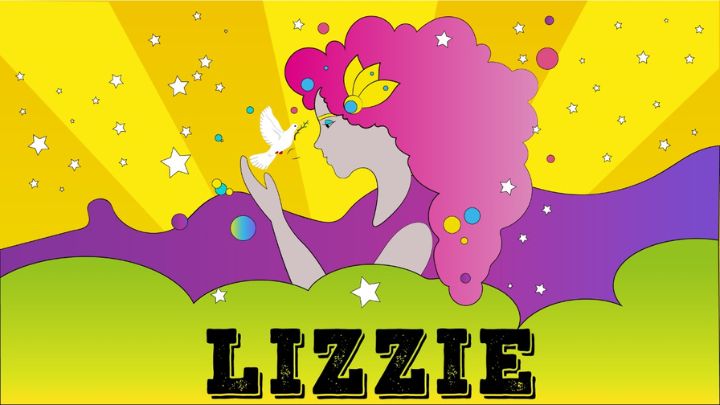
Lizzie slides in right next to me. “My parents are missionaries. They have been doing this my whole life, and most of theirs. While they spread faith and good deeds, they have a sort of interesting additional mission: restoring cultures to what they were before previous missions changed them.”
I’m a little confused by what she means and also that Lizzie sounds so adult.
Lizzie presses on. “On one of their first mission trips, they found themselves in a Yanomami village in the Amazon jungle. They were there because these once-peaceful people had fallen into strife, competition, and anger. The younger Yanomamis were leaving the village, and the older ones were dying of diseases they had not previously known. When my parents arrived in the community, they found the people dressed in Western clothes and speaking English. And strangest of all, a giant big-screen satellite TV was in the center of the village. When they talked with the villagers to understand their issues, they discovered jealousy, envy, and outright greed. This was perplexing because their belief in the community, above all, was central to the Yanomami culture they had studied before they arrived. It turned out that their culture had been subverted by combining the previous missionaries and watching a documentary about themselves on the big screen TV.
“My parent eventually got everyone to see how unhappy they had become. They agreed to go back to their own language, their own way of living, and their own clothes despite some initial embarrassment. Those who wanted to leave were sent away but with love. Things began to return to the old way in a short amount of time. So they held another village meeting to ask if they would like to stay this way, and all agreed. They then handed them sticks. And as a village, they beat the TV into a thousand pieces, everyone laughing as they did it.”
“That’s a cool story. But what does it have to do with me not telling anyone that you helped me?”
She squares herself to me. “When my parents were set to finally leave the village, the elders asked them, ‘How will we ever thank you?’
My parents replied, as I have heard them say one hundred times since, ‘By never thanking us!’ They added, ‘We were only a small part of what happened here. By thanking us, you embarrass us with credit we don’t deserve, diminish the credit you deserve, and discount the greater credit the spirit deserves.’”
I am hooked on every word she is saying.
“My parents taught me a point system for good works that I live with every day. ‘If you do something good for somebody else, you get one point. If you pat yourself on the back for doing something good, you lose one point. And if you tell someone about the good you do, you lose another point.’ So, the only way to win the game of life is to do things for other people for no reason other than it being the right thing to do.”
The Bible talks about homosexuality six times and drug and alcohol use eleven times. For comparison, the sin of judging others is discussed in the Bible thirty-seven times. The Bible is quite clear that I am free to judge others only at the point that I am perfect, and I promise you, I am far from perfect.
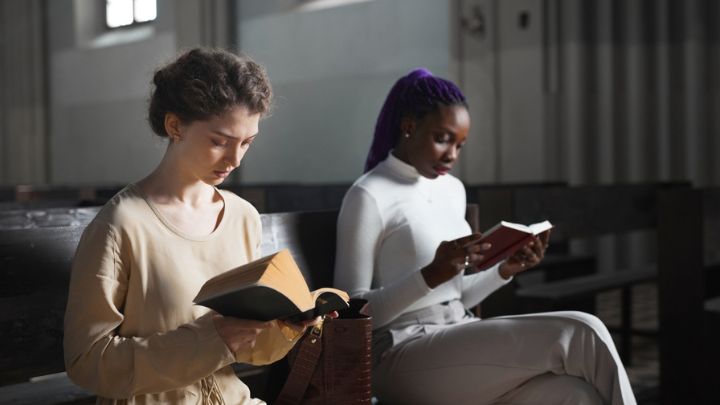

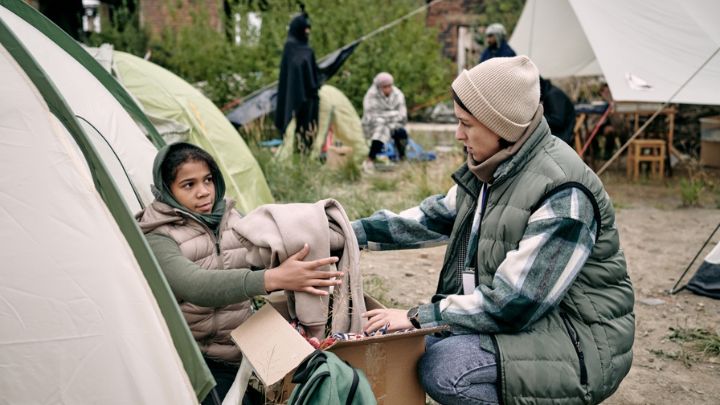
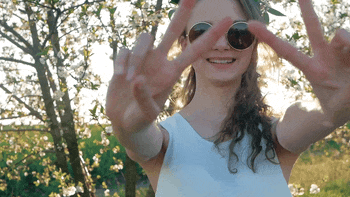

Lizzie slides in right next to me. “My parents are missionaries. They have been doing this my whole life, and most of theirs. While they spread faith and good deeds, they have a sort of interesting additional mission: restoring cultures to what they were before previous missions changed them.”
I’m a little confused by what she means and also that Lizzie sounds so adult.
Lizzie presses on. “On one of their first mission trips, they found themselves in a Yanomami village in the Amazon jungle. They were there because these once-peaceful people had fallen into strife, competition, and anger. The younger Yanomamis were leaving the village, and the older ones were dying of diseases they had not previously known. When my parents arrived in the community, they found the people dressed in Western clothes and speaking English. And strangest of all, a giant big-screen satellite TV was in the center of the village. When they talked with the villagers to understand their issues, they discovered jealousy, envy, and outright greed. This was perplexing because their belief in the community, above all, was central to the Yanomami culture they had studied before they arrived. It turned out that their culture had been subverted by combining the previous missionaries and watching a documentary about themselves on the big screen TV.
“My parent eventually got everyone to see how unhappy they had become. They agreed to go back to their own language, their own way of living, and their own clothes despite some initial embarrassment. Those who wanted to leave were sent away but with love. Things began to return to the old way in a short amount of time. So they held another village meeting to ask if they would like to stay this way, and all agreed. They then handed them sticks. And as a village, they beat the TV into a thousand pieces, everyone laughing as they did it.”
“That’s a cool story. But what does it have to do with me not telling anyone that you helped me?”
She squares herself to me. “When my parents were set to finally leave the village, the elders asked them, ‘How will we ever thank you?’
My parents replied, as I have heard them say one hundred times since, ‘By never thanking us!’ They added, ‘We were only a small part of what happened here. By thanking us, you embarrass us with credit we don’t deserve, diminish the credit you deserve, and discount the greater credit the spirit deserves.’”
I am hooked on every word she is saying.
“My parents taught me a point system for good works that I live with every day. ‘If you do something good for somebody else, you get one point. If you pat yourself on the back for doing something good, you lose one point. And if you tell someone about the good you do, you lose another point.’ So, the only way to win the game of life is to do things for other people for no reason other than it being the right thing to do.”
The Bible talks about homosexuality six times and drug and alcohol use eleven times. For comparison, the sin of judging others is discussed in the Bible thirty-seven times. The Bible is quite clear that I am free to judge others only at the point that I am perfect, and I promise you, I am far from perfect.









